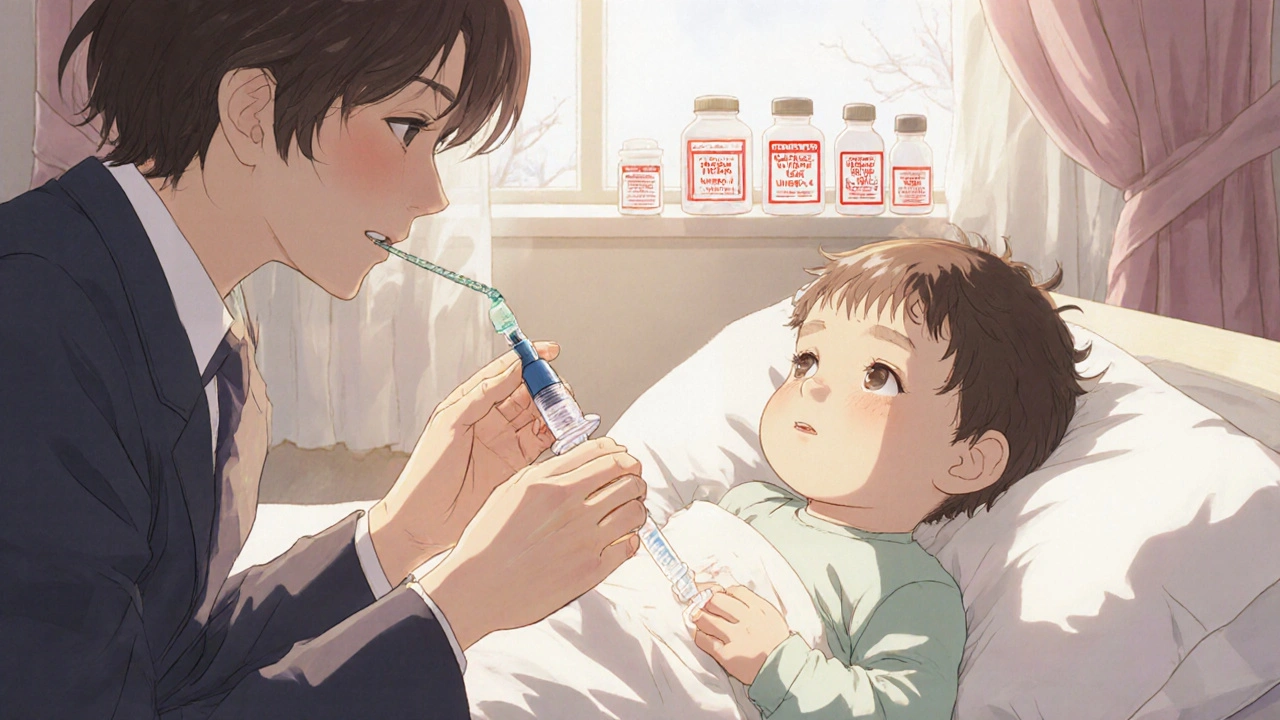Children's Cough Medicine Risks: What Parents Need to Know
When it comes to children's cough medicine, over-the-counter remedies marketed for kids that often contain dextromethorphan, antihistamines, or decongestants. Also known as pediatric cough syrup, it’s one of the most commonly used but least effective treatments for common colds in young children. The FDA and AAP both warn that these medicines don’t actually shorten illness or improve symptoms in kids under six—and they can cause serious harm.
Many parents think they’re helping by giving a cough syrup, but the truth is, most of these products were never tested for safety or effectiveness in children. Ingredients like dextromethorphan, a cough suppressant found in many OTC syrups. Also known as DXM, it’s linked to hallucinations, rapid heart rate, and even seizures in young kids when taken in just slightly higher doses than recommended. Antihistamines like diphenhydramine can cause dangerous sedation or paradoxical agitation. Decongestants like pseudoephedrine raise blood pressure and can trigger abnormal heart rhythms. These aren’t rare side effects—they show up in emergency rooms every winter.
What makes this worse is that kids don’t metabolize these drugs like adults. A teaspoon too much, a double dose because the child still sounds congested, or mixing it with another cold medicine—all common mistakes—can turn a simple cold into a medical emergency. And because these products look like candy, toddlers sometimes get into them on their own. The cough medicine side effects, ranging from drowsiness to life-threatening respiratory depression. Also known as pediatric drug toxicity, it’s one of the top reasons parents rush to the ER during cold season. There’s no magic pill for a cough in a 2-year-old. Honey (for kids over one), steam, hydration, and saline drops are safer and just as effective.
You’ll find real stories here—parents who thought they were doing the right thing, doctors who’ve seen the fallout, and evidence that shows why these medicines are more dangerous than helpful. We’ll break down what’s actually in the bottles, which ingredients to avoid at all costs, and what to reach for instead. No fluff. No marketing. Just what you need to keep your child safe.
OTC Cold Medicine Safety in Children: Age Limits and Risks
OTC cold medicines pose serious risks to young children with little to no benefit. Learn the age limits, dangers, and safe alternatives backed by the FDA and pediatric experts.
learn more